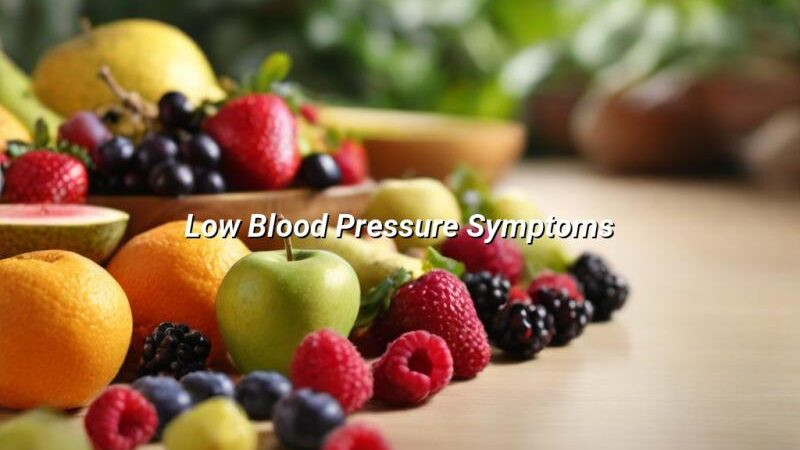Health Benefits Of Peppers

How Peppers Can Help Boost Your Immune System
Are you looking for ways to boost your immune system? If so, you’re in luck! Peppers are a great way to give your immune system a boost.
Peppers are packed with vitamins and minerals that can help your body fight off infection and disease. They contain vitamin C, which helps your body produce white blood cells that fight off infection. They also contain vitamin A, which helps your body produce antibodies that fight off bacteria and viruses. Peppers also contain beta-carotene, which helps your body produce T-cells that help fight off infection.
In addition to vitamins and minerals, peppers also contain antioxidants that can help protect your cells from damage caused by free radicals. Free radicals are molecules that can damage your cells and lead to disease. Antioxidants help neutralize these molecules and protect your cells from damage.
So, how can you incorporate peppers into your diet? You can add them to salads, soups, and stir-fries. You can also roast them and add them to sandwiches or tacos. Or, you can simply eat them raw as a snack.
No matter how you choose to eat them, peppers are a great way to give your immune system a boost. So, why not give them a try? Your body will thank you!
The Nutritional Benefits of Eating Peppers
If you’re looking for a delicious and nutritious way to add some flavor to your meals, peppers are the perfect choice! Not only are they incredibly versatile, but they also offer a variety of nutritional benefits. Here’s a look at why you should be adding peppers to your diet.
First of all, peppers are an excellent source of vitamins and minerals. Red, yellow, and orange peppers are especially high in vitamin C, which helps to boost your immune system and keep your skin healthy. They’re also a good source of vitamin A, which is important for vision and bone health. Peppers are also a great source of fiber, which helps to keep your digestive system running smoothly.
In addition to their nutritional benefits, peppers are also incredibly low in calories. A single bell pepper contains just 20 calories, making them a great choice for those watching their weight. They’re also fat-free and cholesterol-free, making them a great addition to any healthy diet.
Finally, peppers are incredibly versatile. You can add them to salads, stir-fries, soups, and more. You can also stuff them with your favorite fillings for a delicious and nutritious meal.
As you can see, peppers are an excellent choice for adding flavor and nutrition to your meals. So, the next time you’re looking for a tasty and healthy way to spice up your meals, reach for some peppers!
The Role of Peppers in Weight Loss
If you’re looking to lose weight, you may want to consider adding peppers to your diet. Peppers are a great way to add flavor to your meals without adding extra calories. Plus, they’re packed with nutrients that can help you reach your weight loss goals.
First, peppers are low in calories. A single bell pepper contains just 31 calories, making it a great addition to any meal. Plus, peppers are high in fiber, which helps you feel fuller for longer. This can help you avoid overeating and make it easier to stick to your diet.
Peppers are also rich in vitamins and minerals. They’re a great source of vitamin C, which helps your body absorb iron and helps your immune system stay strong. They’re also a good source of vitamin A, which helps your body break down fat and can help you lose weight.
Finally, peppers contain capsaicin, a compound that can help boost your metabolism. This can help you burn more calories throughout the day, making it easier to reach your weight loss goals.
So, if you’re looking to lose weight, adding peppers to your diet is a great way to do it. They’re low in calories, high in fiber, and packed with vitamins and minerals. Plus, they can help boost your metabolism and make it easier to reach your weight loss goals. So, why not give peppers a try?
The Role of Peppers in Fighting Inflammation
If you’re looking for a delicious way to fight inflammation, you may want to consider adding peppers to your diet. Peppers are a great source of antioxidants and anti-inflammatory compounds, making them a powerful tool in the fight against inflammation.
The most common type of pepper is the bell pepper, which is available in a variety of colors, including green, red, yellow, and orange. All of these peppers contain a compound called capsaicin, which is responsible for their spicy flavor. Capsaicin has been found to have anti-inflammatory properties, making it a great choice for those looking to reduce inflammation.
In addition to capsaicin, peppers also contain a variety of other compounds that can help reduce inflammation. These include vitamin C, beta-carotene, and quercetin. Vitamin C is an antioxidant that helps protect cells from damage caused by free radicals. Beta-carotene is a carotenoid that helps reduce inflammation and may even help protect against certain types of cancer. Quercetin is a flavonoid that has been found to have anti-inflammatory and anti-allergic properties.
Eating peppers can also help reduce inflammation in other ways. For example, peppers are high in fiber, which can help reduce inflammation by promoting healthy digestion. They are also a good source of potassium, which helps regulate blood pressure and reduce inflammation.
So, if you’re looking for a delicious way to fight inflammation, consider adding peppers to your diet. Not only are they tasty, but they are also packed with anti-inflammatory compounds that can help reduce inflammation and protect your cells from damage.
The Role of Peppers in Lowering Blood Pressure and Cholesterol Levels
If you’re looking for a tasty way to help lower your blood pressure and cholesterol levels, you may want to consider adding peppers to your diet. Peppers are a great source of vitamins, minerals, and antioxidants, and they can help you maintain a healthy heart.
Peppers are rich in vitamin C, which helps to reduce inflammation and improve circulation. This can help to lower your blood pressure and cholesterol levels. They also contain potassium, which helps to regulate your blood pressure. Additionally, peppers are a good source of fiber, which helps to reduce cholesterol levels.
The antioxidants found in peppers can also help to reduce inflammation and improve circulation. This can help to reduce your risk of heart disease and stroke. Additionally, peppers are a great source of vitamin A, which helps to protect your cells from damage.
Finally, peppers are a great source of capsaicin, which is a compound that helps to reduce inflammation and improve circulation. This can help to reduce your risk of heart disease and stroke.
So, if you’re looking for a tasty way to help lower your blood pressure and cholesterol levels, consider adding peppers to your diet. They’re a great source of vitamins, minerals, and antioxidants, and they can help you maintain a healthy heart.





